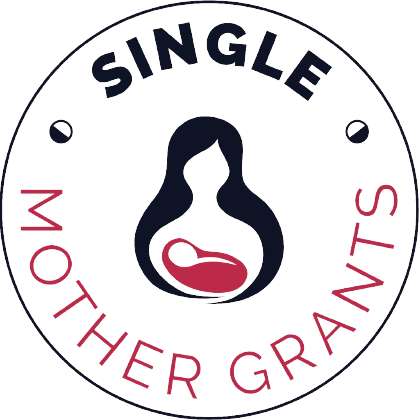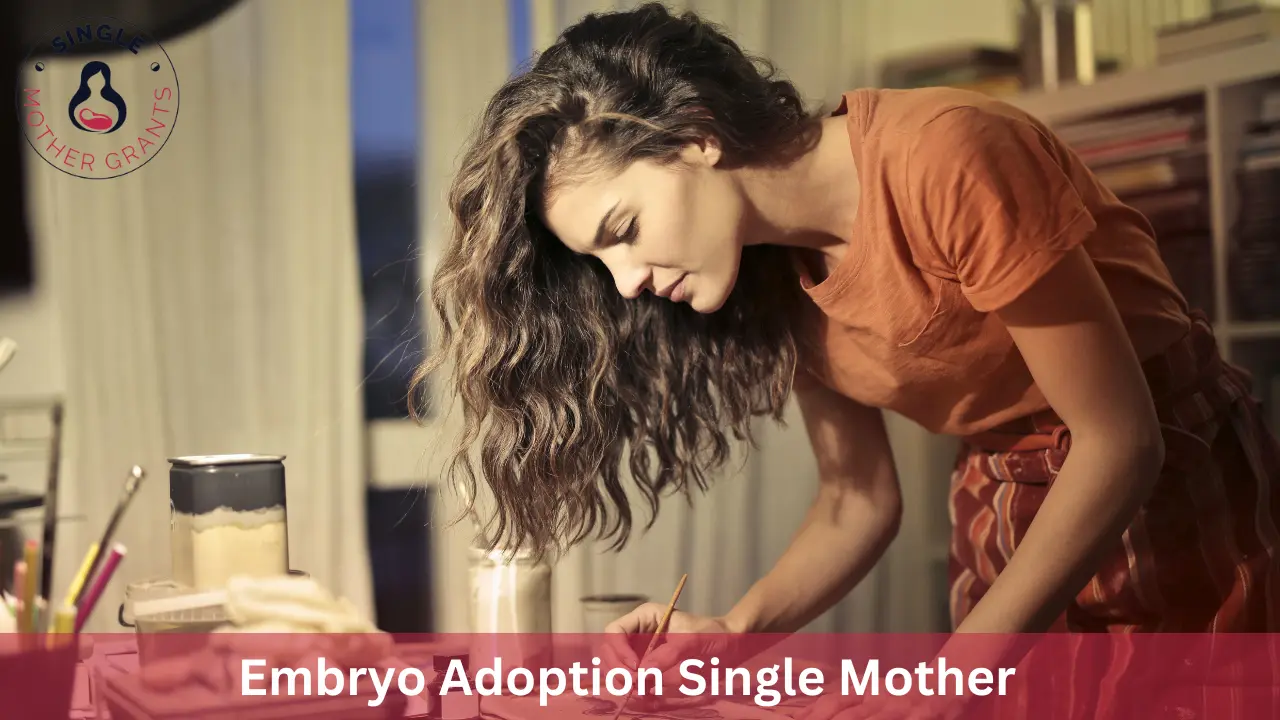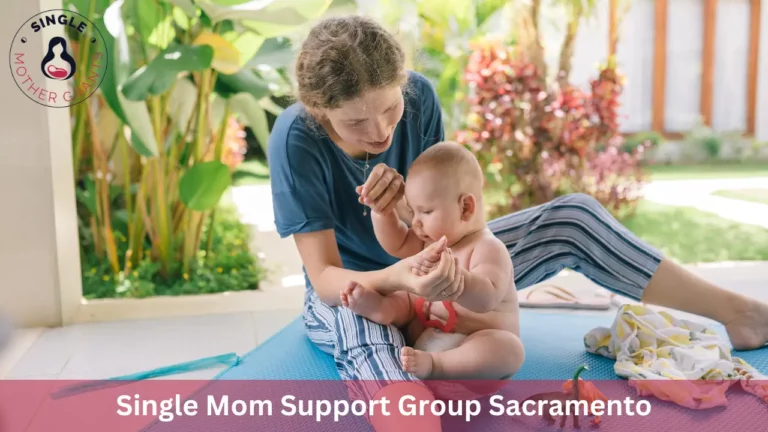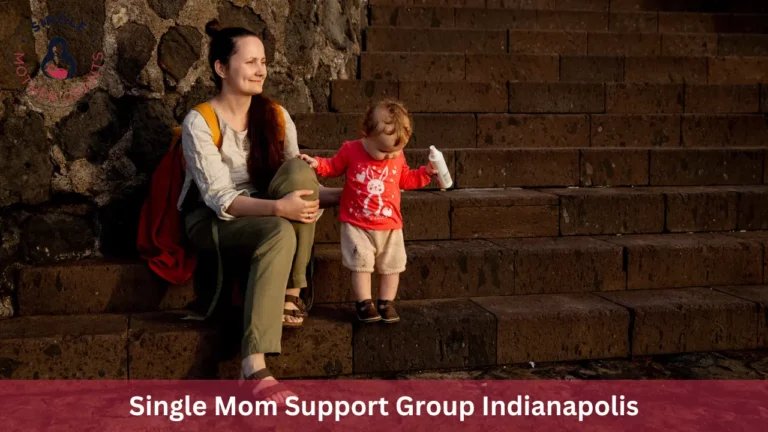Embryo Adoption Single Mother
Embryo adoption is a type of reproductive treatment through which a woman can become pregnant and transfer the embryos left over from IVF or in-vitro virtualization treatment of another couple who decided to donate the embryos altruistically and anonymously. This is the reason why this technique is popularly known as embryo donation since a couple donates the embryos and another person adopts them. Embryo donation is a process in which a couple or a person needs their surplus embryos to help another person or couple become pregnant. Embryo adoption on the other hand is a process through which a couple or a person receives embryos from others to attain pregnancy. Single moms who cannot carry a child to term due to fertility problems will benefit from the best embryo donation and adoption process. Embryo adoption is a path to parenthood for single mothers by choice and with this process you may get a head start as you embark on the journey with healthy embryos however the number of embryos you receive will be limited.
What Is Embryo Adoption For Single Moms?
Embryo donation or embryo adoption refers to an assisted reproduction method that includes transferring employers from a couple or a woman to the uterus of the recipient woman. Embryos that get transferred to another recipient woman generally carry the genetic features of other people. This type of reproductive technique may cause an emotional burden for single moms. However, it is a less expensive and simpler technique compared to other types of reproduction treatments. Single moms who want to become pregnant can opt for embryo adoption.
Why Choose Embryo Adoption As a Single Mother?
With the advancement in medical technologies and the breaking down of societal taboos, it is no wonder that a lot of women feel empowered and decide to embrace single motherhood without getting married or seeking support from another partner. This has resulted in an increased number of fertility treatments among single nodes in the USA. Family models today are changing with advanced techniques of assisted reproduction and a lot of women are becoming single moms by choice and turning their dream into reality. Embryo adoption for single mothers is a reproductive alternative when other fertility treatments to achieve pregnancy fail. Single mothers having fertility problems such as low seminal quality or poor egg quality or those who have achieved previous failures in IVF cycles with their eggs can opt for embryo adoption. Single moms facing repeat miscarriages or possible transmission of genetic diseases also opt for the adoption of embryo technique. This is an option available to women with infertility problems and facing difficulties in attaining pregnancy.
How Single Mother Embryo Adoption Works?
When a single mom undergoes IVF or in-vitro fertilization treatment she receives hormonal treatments to promote ovarian production. This is done to increase the chance of pregnancy by obtaining the greatest number of eggs. From all the embryos the one obtained with the highest quality is selected for transfer to the uterus of the future mother so that she can achieve pregnancy. Generally, one or two embryos are transferred even though the law typically allows transferring up to a maximum of 3 embryos to a mother’s uterus. The leftover embryos are cryopreserved with the help of a freezing process popularly called vitrification. Single mothers have to decide what she wants to do with the cryopreserved embryos that are leftover from the treatment.
What Advantages When Single Moms Get By Adopting Embryos?
Single mothers with infertility problems, issues with conception, or failed attempts of assisted reproduction techniques through other methods such as in vitro fertilization, and artificial insemination can seek positive results by adopting embryos which come with numerous advantages.
1. Endometrium Preparation
Single mothers adopting embryos need no ovarian stimulation as in the case of in-vitro fertilization. This is important to prepare the endometrium and encourage the implantation of transferred embryos. Your healthcare professional will administer medications through vaginal tablets, oral medication, or patches. The evolution of the endometrium will be controlled through ultrasound.
2. No Waiting List Required
Single mothers need not go through a long waiting list and access treatment directly; however, it is important to make sure that the embryo shares certain characteristics with the future parent like HR, blood type, phenotype features, and so on.
3. Consultations
A great advantage that single moms can get by adopting embryos is that the process of endometrium preparation is much simpler compared to ovarian stimulation included in the IVF process. Further fewer visits are required for embryo adoption, unlike other fertility treatments.
4. Time
Women who want to embrace single motherhood by choice can receive embryo adoption treatment and have a baby in the same year. As soon as the transfer of embryo takes place depending on your endometrium the devitrification and transfer of embryos take place within a day. Single moms can take a pregnancy test after two weeks of waiting. This enables them to conceive and attain pregnancy in a short period, unlike other reproductive processes.
5. Costs
Another reason why a lot of single moms opt for embryo adoption is that the cost included with this reproductive method is lesser than IVF with your eggs. The process is much less than IVF with double gamete donation. The amount of medicines that single moms have to take is also less which means a reduction in the price of the overall reproductive technique.
What Are The Success Rates Of Embryo Adoption In Single Moms?
Becoming a parent alone can be a difficult journey, unlike a couple. A woman who decides to start maternity after feeling empowered and independent can turn their dream into reality by choosing the embryo adoption process. Single mothers need to know that embryo donation is anonymous like gamete donation therefore prospective recipients will never know the source of the adopted embryos. The success rate of adoption treatment of embryos donated by a person or a couple depends largely on the embryo quality. The features of recipient women are not important however they do have a significant influence. Vitrification enables the recovery of embryos in 90% of cases therefore the thawing of embryos has a good survival rate. This type of assisted reproduction treatment method is for people with fertility problems therefore the probability of pregnancy is not so high. Single mothers before undergoing this type of reproductive treatment should make sure that their baby might not have their genes and also understand the moral and ethical aspects of the child can be different.
What Laws In The USA Apply To The Adoption Of Embryos?
In the US an embryo is not considered to be a person but rather a property. As a result, state adoption laws about embryos differ from one another. The entire process of donating embryos to the recipient family is seen from a legal perspective and is managed by property law. This law enables a couple or individual to donate or adopt the remaining embryos from another family and all the parties are involved in a legal contract. Embryo donation and embryo adoption processes include adoption agreements as well as relinquishment forms that are considered to be legal contracts between both the donor and recipient individuals. The legal contract relinquishes the donor’s parental rights and once the contract is finalized the embryos will legally belong to the adopting parent. The embryo adoption clinics and agencies can be different from one another in how they’re defining embryos in the legal agreements. At the time of the birth the adoptive single mom will be recognized to be the legal guardian of the child born and the adoptive single mother will be listed as the legal guardian on the birth certificate of the child unless the child is carried by a surrogate. But many state laws do not cover embryo donation or embryo adoption explicitly therefore a lot of adoption and assisted reproduction law attorneys recommend formally adopting a child that results from embryo donation or adoption after the birth of the child. Domestic adoption is more crowded and has come with a long waiting list. This is not the case with embryo donation or the adoption process. Although the average cost included with domestic infant adoption is around $41,000, embryo adoption or donation process is comparatively lesser and the average price included in embryo adoption ranges between $2500 to $4000 depending on a wide range of factors like the tests needed, the clinic, the medical condition of single mothers, etc.
Conclusion
Single mothers who want to attain pregnancy however going to infertility problems can find a way out through embryo adoption. This process involves using spare embryos from the IVF cycle of another individual or couple and is an easy and affordable treatment process. The success rate depends on the quality of the adopted embryos. Single mothers who are going for this assisted reproduction method need to make a life-changing decision. Nowadays more women are embracing single motherhood and thanks to advanced assisted reproduction which is turning their lives forever. Even though the lower cost and short wait can be attractive, before choosing this option it is important to work with a reputable embryo donation or adoption clinic. It is important to make that decision with thoughtfulness and patience and consider the rules, regulations, and costs before starting.







